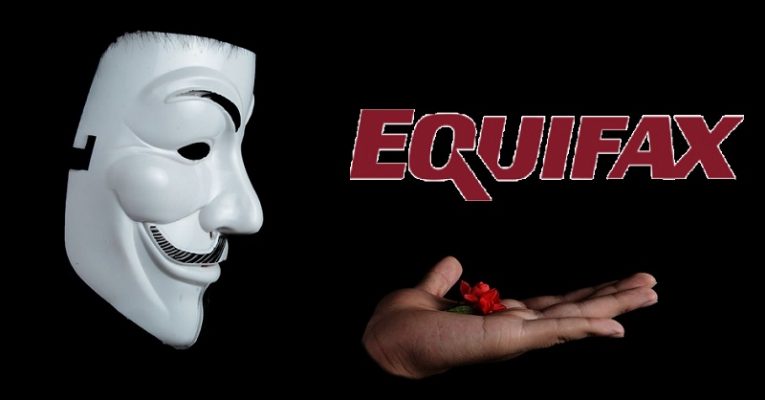Beware of Fake Equifax Settlement Websites Because They Are Set up to Steal Information

The confidence scam is as old as man himself – records of swindlers playing tricks on other people for personal gain have been uncovered from sources dating back to ancient Babylon and Egypt. Both eastern and western mythology is laced with stories of cunning trickery, bluffs and deceit – a sure sign that confidence games were a serious issue that needed to be kept in people's minds throughout antiquity. The Ming dynasty in China is well-renown for its vases – but few people know that one of the more popular works of literature from that period is called "The Book of Swindles". Said book is a manual for self-protection – and the fact that the knowledge on how to do so was so important that it needed to be put to paper then tells you all you need to know about the ingenuity and ruthlessness of some elements of Chinese society at the time.
Suffice it to say that while times have changed quite a bit since the Ming dynasty, some fundamental parts of society have not. Con artists are still around. In fact, scammers and their tricks are more widespread and effective now than ever before because of one simple reason – they have access to more tools and information they can use to get the drop on an unsuspecting victim.
There are a number of elements that need to be present in order for a scam to function effectively – and one of the key ones is that it needs to look convincing. The more convincing the game is on the surface, the less likely the victim is to suspect that something is wrong and actually take the time to inspect it for faults. This is something that needs to change in the mind of the common internet user if they wish to stay safe from fraudsters – and the reason for that is simple.
For most users, IT security is neither a well-known subject nor a high enough priority. As a result, their personal data is strewn across many platforms. Additionally, data leaks and data breaches happen all the time, even to entities such as Equifax. Fraudsters that get their hands on some personal data can use it to gain a user's confidence.
Case in point – the aforementioned Equifax data breach. It was discovered back in July 2017 and affected approximately 143 million Americans – which is nearly half the population of the United States, as of the last census. In some cases, the stolen data included credit card numbers and details contained in drivers licenses, and other personal information.
This is just an argument to prove a point – while the cybercriminals that hacked Experian back in 2015 only gained personal information on approximately 15 million Americans, now it is a matter of a coin flip whether your data is in the hands of undesirable individuals that may use it to nefarious ends. So what should be done about that?
Well, the FTC recently issued a warning to those affected by the 2017 Equifax data breach, cautioning users of fake sites and scams. Just because some personal information may be on display and the text on the site claims to originate from a legitimate entity, such as Equifax, does not mean that this is indeed the case. Such sites are designed to prey on people who already feel vulnerable, with the cybercriminals deliberately designing the site to draw out more personal information from the victim – such as a credit card number, account information or Social Security number.
How to Avoid Falling for Equifax Settlement Scams and Others Like Them
There are two main things you need to do to avoid falling for the now notorious $125 Equifax settlement scam and others similar frauds – and while they require dedication, they are actually quite simple.
- Always aware of the possibility of a hoax. You need to be on your toes at every turn when you are asked for cooperation, asked to follow a link, or asked to input your personal information in a form online. The knowledge that these types of frauds exist should always be in the back of your mind when doing so. The fact that someone in a communication has some of your personal information is not a guarantee that you can trust them in and of itself.
- Double-check the website address. It is not that difficult for online fraudsters to create a fake website that looks identically to the legitimate Equifax settlement website - or any other legitimate website, for that matter. What they can't do is make said site's URL exactly like the original. This is why the FTC recommends that users employ their dedicated webpage for all things Equifax: https://ftc.gov/Equifax This is why the most reliable method for a user to defend themselves from these types of depredations is to remain vigilant of them – if they spot that an email in their inbox contains "Equifex" instead of "Equifax", they need to avoid it.
These are the two components of the essential check that users should perform at every turn – is the communication they received flawed in any way, and is the source of the communication correct. If both things are in order, the probability of it all turning out to be a scam becomes negligible.








